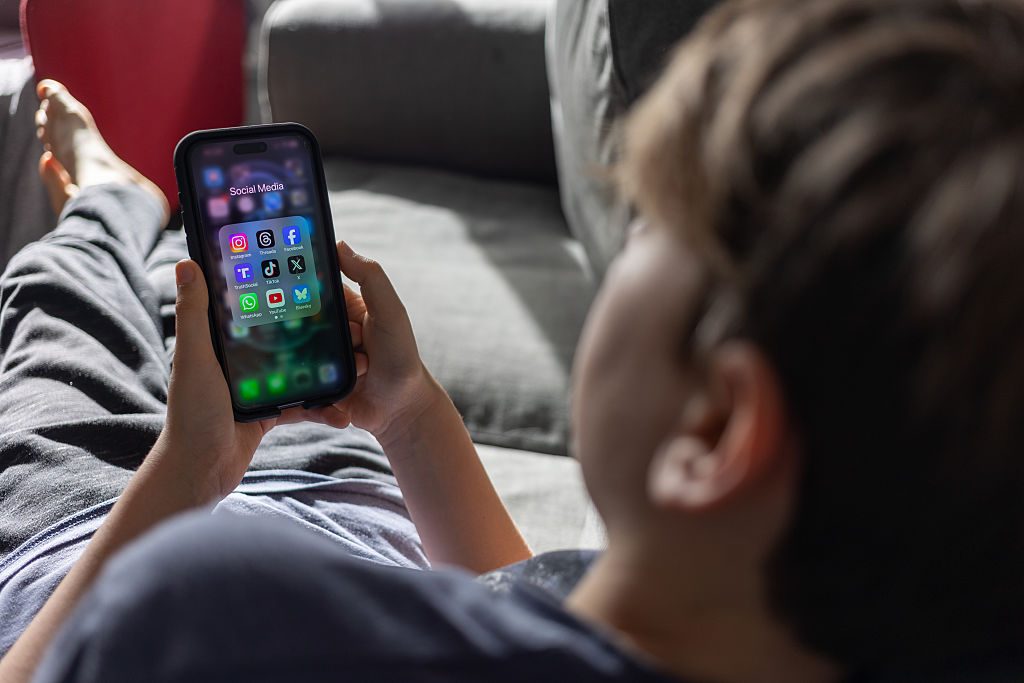Australia is once again at the vanguard of the technocratic nanny state. The country’s Labor government this week widened its ban on access to social media for under-16s to include video platform YouTube. Minors will still be able to visit the site, but will not be able to upload content or log in to interact with other users. Because users must prove their age, the lion’s share of the internet is now set to be de-anonymised in Australia, with significant implications for privacy and free speech.
Hidden behind the concerns for children’s welfare is a politicised attempt to radically extend government control over platforms which shape social discourse. Australia’s lead regulator for online safety is Julie Inman Grant, who was accused by a US House Judiciary Committee report last month of coordinating with major advertisers and national governments through the Global Alliance for Responsible Media (GARM) to “silence American speech”. GARM, the report alleges, engaged in “collusion to silence conservative viewpoints through targeting Breitbart News, Joe Rogan, and Twitter (now X) among others”.
Grant is generally hostile to the concept of free speech. Speaking at the World Economic Forum three years ago, she claimed: “We’re going to have to think about a recalibration of a whole range of human rights that are playing out online, from freedom of speech to the freedom […] to be free from online violence.” More recently, she has lobbied for the same age verification requirements to be applied to search engines such as Google and Yahoo.
This surface-level push for internet safety has been perceived by some as complementary to progressive goals, yet the tide may be turning. In an article for The Conversation this week, several academics expressed serious concerns about increased government oversight, with one pointing out that “LGBTQI+ participants often described the online world as their only place of belonging.” Further restrictions will only increase the isolation of these marginalised groups. And what will happen to the accounts of 15-year-olds who have built up years of content and connections?
Social media platforms are frequently guilty of exploiting and manipulating both adults and children. The answer to the problem surely lies in putting the onus on the companies, rather than the users, forcing them to open their algorithms and expand the controls parents can have at the ISP and provider level. However, the Australian government is clear that it wants to co-parent other people’s children and remove all danger from growing up. Federal Communications Minister Anika Wells said this week that “it is like trying to teach your kids to swim in the open ocean with the [rip currents] and the sharks, compared to at the local council pool.” Clearly, her desire is to grow children in digital petri dishes rather than in an ocean — i.e. the real world — the government can’t control.
These new internet controls come in the wake of late year’s failed mis/disinformation bill, which was roundly rejected by the entire senate apart from Labor, and a swathe of new anti-hate speech legislation brought in by Labor governments at the federal and state level.
Ultimately, this won’t produce a safer internet for children. “Kids, God bless them, are going to find a way around this,” the Communications Minister has admitted. But that is no failure, because the legislation will fulfil what it was meant to do: create a safer internet for the political class.










Join the discussion
Join like minded readers that support our journalism by becoming a paid subscriber
To join the discussion in the comments, become a paid subscriber.
Join like minded readers that support our journalism, read unlimited articles and enjoy other subscriber-only benefits.
Subscribe